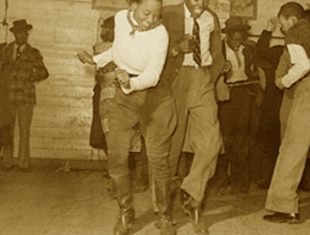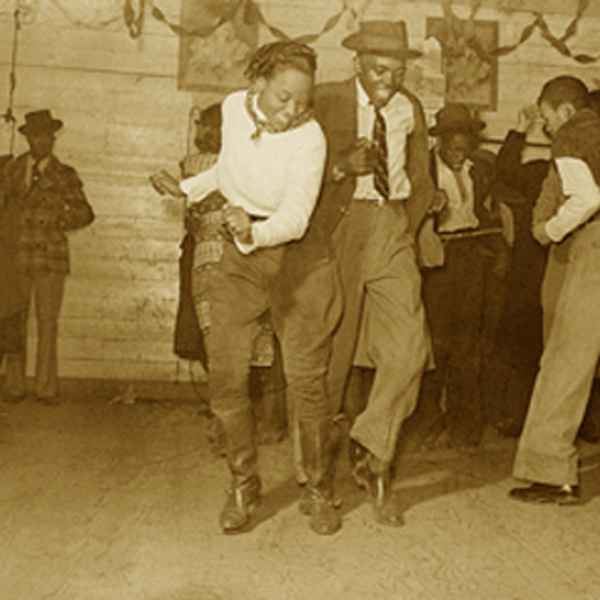TERRY MOSHER
SEABREEZE DANCERS
The terrible injustice of slavery and segregation and the Jim Crow laws meant for a long time that blacks could not go to the plentiful and beautiful beaches in the South at one time in this country.
Thank God, that is not the case anymore.
There were a few places – very, very few ‑ where blacks could go, but in 1924 when a three-floor beach hotel was built in Seabreeze Beach, North Carolina, almost suddenly there was a place for blacks to go, dine, walk the beach, swim, fish and as juke joints began to open a place where they could dance to swing music, jazz, blues and popular music form artists like James Brown, Little Richard and The Platters.
What is interesting is not that Seabreeze became a Music Mecca, although that was important, or that blacks now had a place on a beach, and that was extremely important too, but that despite the segregation and Jim Crow laws that ruled in those days, whites too came to Seabreeze and the races mixed to the music on dance floors up and down the beach. White girls dancing with black men, black girls dancing with white men, and that is an extraordinary picture that was common in Seabreeze.
As World War II erupted and men were dragged into the conflict, leaving their women behind, the music turned sentimental, such as the Ink Spots’ Do I worry.
”Do I worry cause you’re stepping out
Do I worry cause you got me in doubt
Though your kisses aren’t right, do I give a bag of beans
Do I stay home every night and read my magazine
Am I frantic, cause we lost that spark
Is there panic when it starts turning dark
And when evening shadows creep, do I lose any sleep over you
Do I worry, you can bet your life I do
Do I worry when the iceman calls
Do I worry if Niagara Falls
Though you treat me just like dirt
You think I give a snap
Are my feelings really hurt
When you’re sitting in somebody else’s lap
Am I curious when the gossip flies
Am I furious bout your little white lies
And when all our evenings end
Cause you got a sick friend that needs you
Do I worry, honey, you know dog gone well I do
Am I frantic, cause we’ve lost that spark
Is there panic when it starts turning dark
And when evening shadows creep
Do I lose any sleep over you
Do I worry, you can bet your life, I do”
Segregation coupled with the terrible war turned that the 1940s into a live-for-the-moment because nobody could be certain they would be safe or even alive from one minute to the next, so a place like Seabreeze were all of that could be forgotten while the music played, seafood was consumed, beer drank, and people – blacks and whites – danced together the nights away.
Whites and blacks drank beer together, ate together, danced together and walked the beaches together. Then, of course, with Lyndon Johnson signing the Civil Rights Act bill in 1964, Seabreeze slowly began to fade as a place where the races mixed.
“The land is still there, the water is still there, but the buildings are gone,” said Amanda Freeman, a relative of the original black owners of Seabreeze Beach, on an episode of American Routes.
But that period of time showed that people could overcome their fears, their distrust of each other based on skin color, and that we are all naturally the same when it comes right down to it. It doesn’t matter what color we are – white, black, green, blue or pink – we are all God’s creatures and can live and play and work and fight together as one in the greatest country in the world.
That’s it for today. We – Mary and I – are still grieving over the loss of our dear Sophie and need some respite and get out in the sun and fresh air and float freely with the Seabreeze.
Be well pal.
Be careful out there.
Have a great day.
You are loved.



